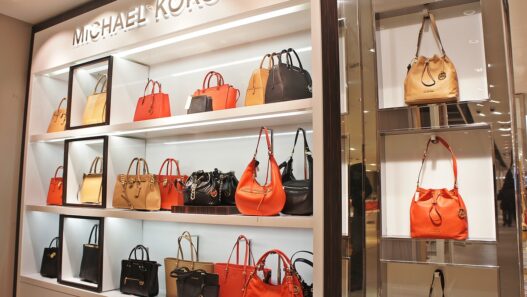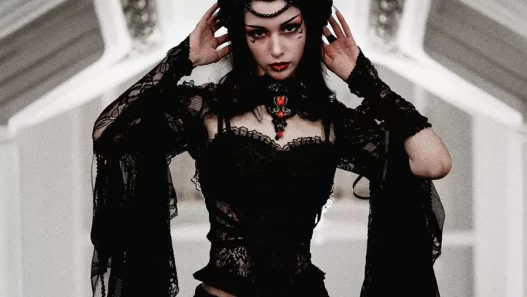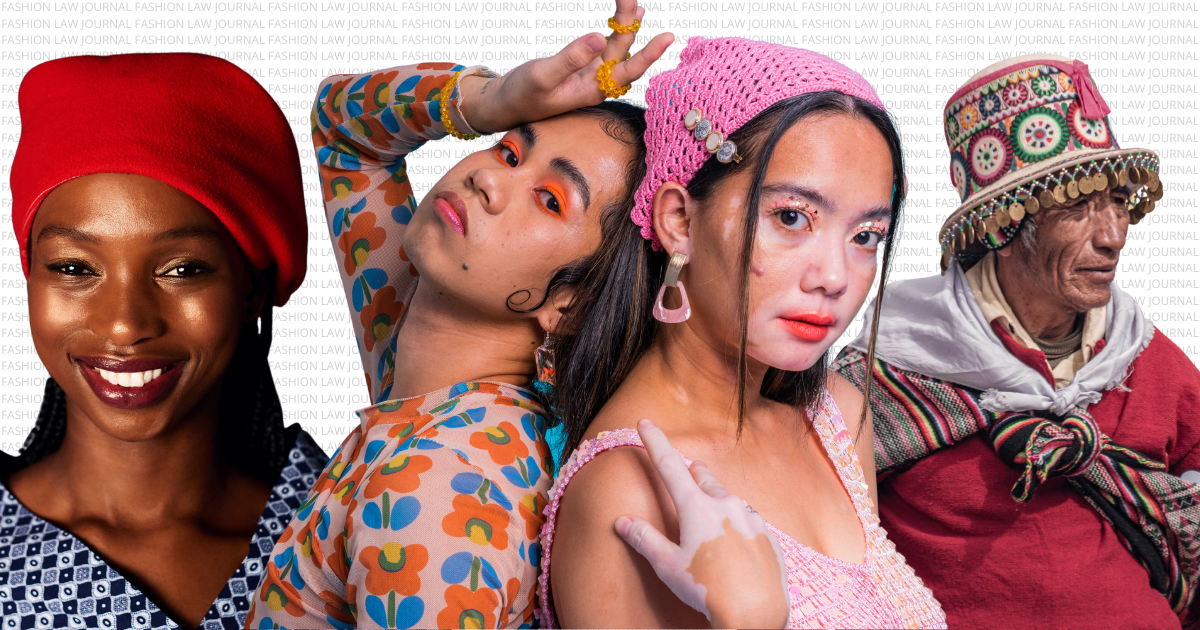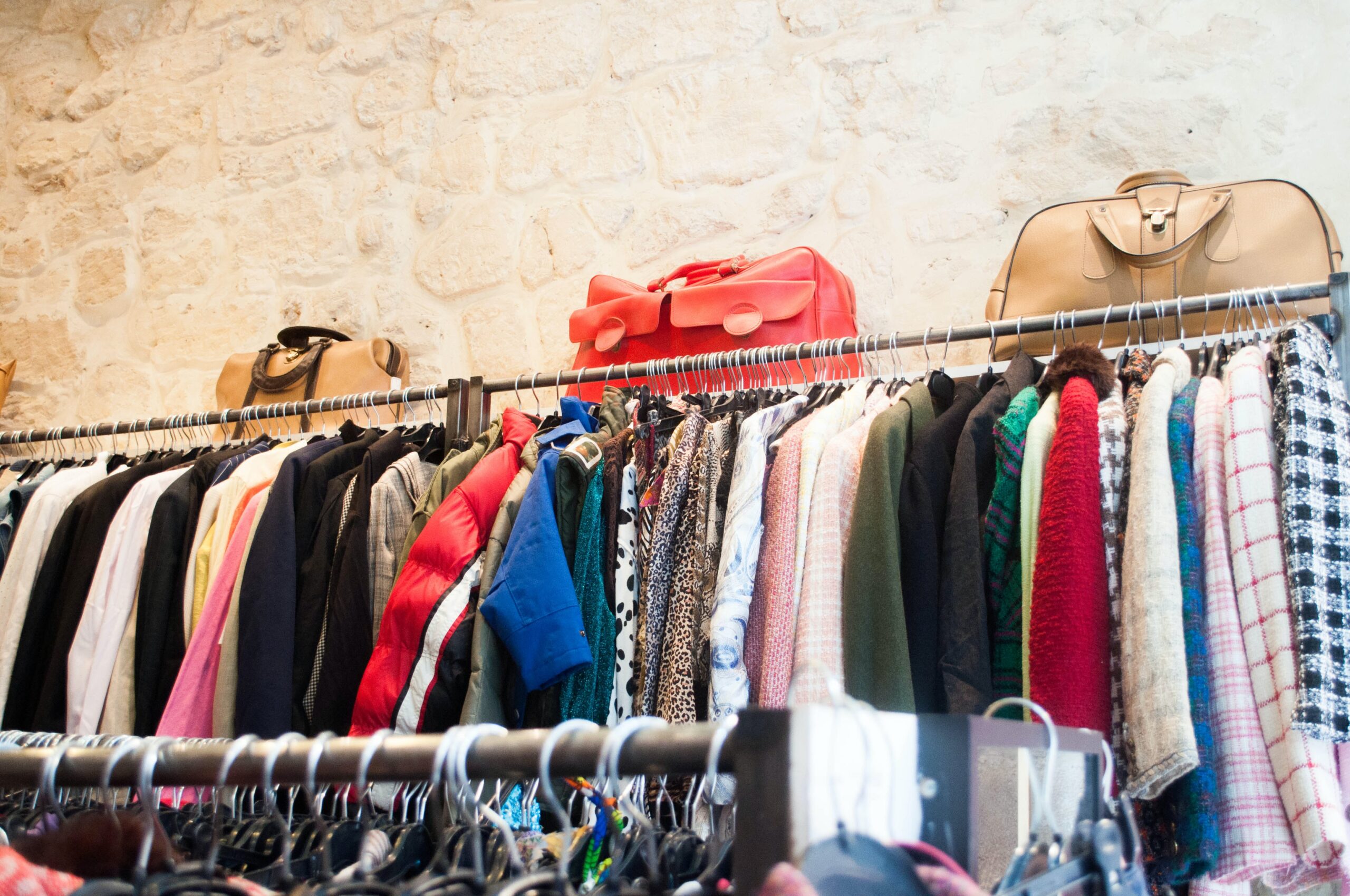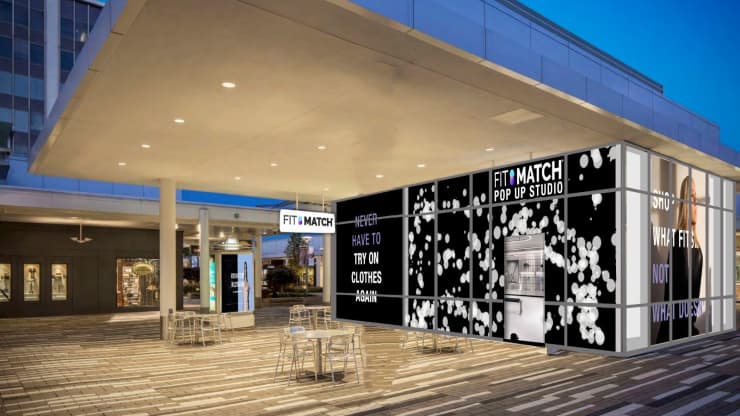How conflicts arise is quite prevalent, especially in the fashion industry, where everyone strives to be the best, and as a result, lines are frequently crossed, mistakes are made along the road, and other such things. We see several potential or susceptible areas in the fashion business where enough safety is not offered, or awareness is lacking. As a result, they have escalated into some of the most contentious debates ever. This article highlights the top 6 legal disputes in which fashion and law are inextricably linked.
Paparazzi Copyright Suits
For uploading paparazzi images of oneself on social media without the photographers’ consent, numerous celebrities have been sued or threatened with being sued for copyright infringement. Like many other pop stars such as Ariana Grande, Justin Bieber, and Nicki Minaj, Gigi Hadid has been sued by several photographers and photo agencies for uploading images of herself on Instagram without properly licencing the photos from the copyright holder on multiple occasions. Even fashion designers like Virgil Abloh, the founder of Off White, and the well-known Marc Jacobs have been sued for copyright infringement. The right to regulate the commercial use of one’s identity, or prevent others from utilising their picture, name, or other aspects of their identity for commercial purposes without their agreement, is known as the right of publicity. Although the right to privacy is not codified in India, it has been recognised and enforced in many cases by Indian courts. In the lawsuits pertaining to the U.S. celebrities named above, the defendants’ attorneys have made fair usage (or fair dealing) and co-authorship arguments. Still, in India, The Copyright Act of India explicitly defines the creator of a photograph as the person who “takes” the photograph, so that argument cannot be used in the Indian Scenario as per this analogy.
Fashion Discrimination Cases
Fashion is typically associated with specific ideals of beauty and visual aesthetics, and it is referred to as “glitzy” for a reason. But all that glitter is not always gold; if not handled properly, it can slip into your eyes and cause blindness. Employees of well-known brands such as Barney’s, Sephora, Zara, and Forever 21 have been sued for racial discrimination in multiple cases. Sephora has been accused of racial discrimination after reportedly barring Asian and Chinese users. Forever 21 has been accused of insulting and biassing one of its employees because of her transgender identification, including calling her a “hot mess,” “useless,” and “disgusting,” and telling her she looked “offensive.” The fact that Barneys has been sued twice in less than a month over the identical racial discrimination claim says a lot. Even the big brands are not behind in this race, from Alexander McQueen’s getting sued twice wherein one instance an employee was hospitalised for his anxiety attacks and had horrid plans of suicide because he was in such a hostile work environment where he could not get enough of racist taunts to Louis Vuitton being accused of racial discrimination and harassment the list is unfortunately quite lengthy. What’s worse than the Dolce & Gabbana’s cosmetics sales associate being told that ‘pregnancy is not part of the uniform’ is that Versace reportedly has a ‘black code’ to alert staff and security when a black shopper is in the store. An employee was allegedly fired from Tiffany & Co. after having her breasts and ovaries removed to avoid getting cancer. Such instances bring out the fashion industry’s dark side, and all the brands and designers must take measures to counter such things.
When Garment Design Elements became copyrightable
The Supreme Court opened the door to expanded copyright protection for the fashion sector in Star Athletica, L.L.C. v. Varsity Brands, Inc. Copyright protection allows producers of a wide range of works, from paintings and sculptures to poems and books, certain unique rights. The copyright protection afforded to certain fashion designs, on the other hand, is significantly less guaranteed. If a design incorporated into clothes qualifies for copyright protection on its own, it may be protected under the Copyright Act of 1976. A leading American cheerleader uniform manufacturer, Varsity Brands, attempted to sue Star Athletica L.L.C., a smaller rival, for infringing on five of its cheerleader uniform designs. Star Athletica utilised certain chevron and line designs from Varsity’s uniforms, according to a lawsuit filed by Varsity in 2010. It claimed that the visual features of Varsity’s cheerleading uniforms were different from the uniforms’ function. As a result, the corporation claimed, they could be protected just like any other work of art. Star Athletica disagreed, claiming that the design and usefulness of the clothes were closely linked. These cheerleading costumes were stitched inside out to minimise chafing, as with most uniforms. Under new legal criteria, the Court determined that design characteristics can be separated from the apparel’s useful features and pronounced a judgment favouring Varsity Brands Inc., thus concluding that fashion and apparel have some level of copyright protection.
The Defamation Battle between Diet Prada and Dolce & Gabanna
In light of current anti-Asian comments in the United States, fashion watchdog Diet Prada is publicly challenging a defamation lawsuit filed by Italian design house Dolce & Gabbana. Following an ad campaign featuring an Asian woman trying to eat Italian food with chopsticks, Diet Prada labelled the brand racist and sexist in 2018. After receiving outrage, Dolce & Gabbana filed a lawsuit against the social media account, seeking 4 million euros ($4.8 million) in damages for lost income and brand harm. Dolce & Gabbana postponed a planned fashion show in Shanghai after the ad campaign garnered controversy, and a number of models and celebrities withdrew and issued a public video apology. “I believe Dolce & Gabbana’s actions of publicly apologising on the one hand, while using on the other, merits closer examination,” Ms Sedhom stated. Diet Prada cofounders Tony Liu and Lindsay Schuyler were sued by Dolce & Gabbana a few months later, in early 2019, for damages caused by the account’s public criticism of Dolce & Gabbana. Mr Liu and Ms Schuyler published a statement on March 1, 2021, asserting their right to free expression in response to the Italian brand’s claims in a Milan court. “Diet Prada will continue to be a platform to elevate these crucial issues.” They said. Because the lawsuit was filed in an Italian civil court rather than a U.S. court, Diet Prada’s legal team believes Dolce & Gabbana is looking for a favourable judgement and engaged in a degree of forum shopping.
Hugo Boss – Brand or the name of a comedian?
In response to the German fashion house’s trademark enforcement efforts, U.K. comedian Joe Lycett has officially changed his name to Hugo Boss. Now here’s a little backstory regarding the same. Hugo Boss reportedly sent a cease and desist letter to Welsh company Boss Brewing in August 2019, initiating a four-month trademark dispute. Boss Brewing eventually agreed to change the names of its products – ‘Boss Black’ (to ‘Boss Brewing Black’) and ‘Boss Boss’ (to ‘Boss Bossy’) – and stop selling clothes. It was a little surprising why such a huge brand is coming after a small brand just to protect its identity and make it an extremely stressful and long-drawn battle for the brewing company’s owner. Joe Lycett received a letter from the U.K. Deed Poll Office on February 1, 2020, certifying that he had officially changed his name to Hugo Boss. In response to the explanation for the merchandise being moved, he stated that Hugo Boss despises those who use their name. So, unfortunately for them, he has changed his name to Hugo Boss and will be launching a brand new product called Hugo Boss soon. Hugo Boss has yet to reply to the incident. However, it comes after the fashion house’s recent legal fights, which have been controversial.
The Lucky 13 Saga
The Evergreen and Mega Popstar Taylor Swift settled a lawsuit filed by Blue Sphere, the clothing company that owns the “Lucky 13” trademark, in November 2015. The suit was filed after she started selling “Lucky 13” goods and fan merchandise and held a “Lucky 13” contest, among other things. While Swift claimed that 13 was only a lucky number for her and that the plaintiffs had harassed her, Her agents at William Morris Endeavor turned over all of Swift’s paperwork. At the same time, attorneys for Blue Sphere continued to look for materials like all images and films of Swift in which her buttocks or breasts were exposed somehow. Part of the work was to figure out how items were called, what other products might have been considered, and whether trademark records were searched in combination with all of this. The outcome of the lawsuit was not made public. What’s more interesting is that she has begun proactively trademarking additional words and lyrics she frequently uses to avoid future complications after this incident. She has secured a discreet arrangement outside of Court.
List of References:
https://www.thefashionlaw.com/an-ugly-industry-a-timeline-of-fashion-discrimination-cases/
https://www.luxurydaily.com/dolce-gabbana-diet-prada-lawsuit-addresses-racial-bias-in-fashion/
https://www.hollywoodreporter.com/business/business-news/taylor-swift-settles-lucky-13-838473/



